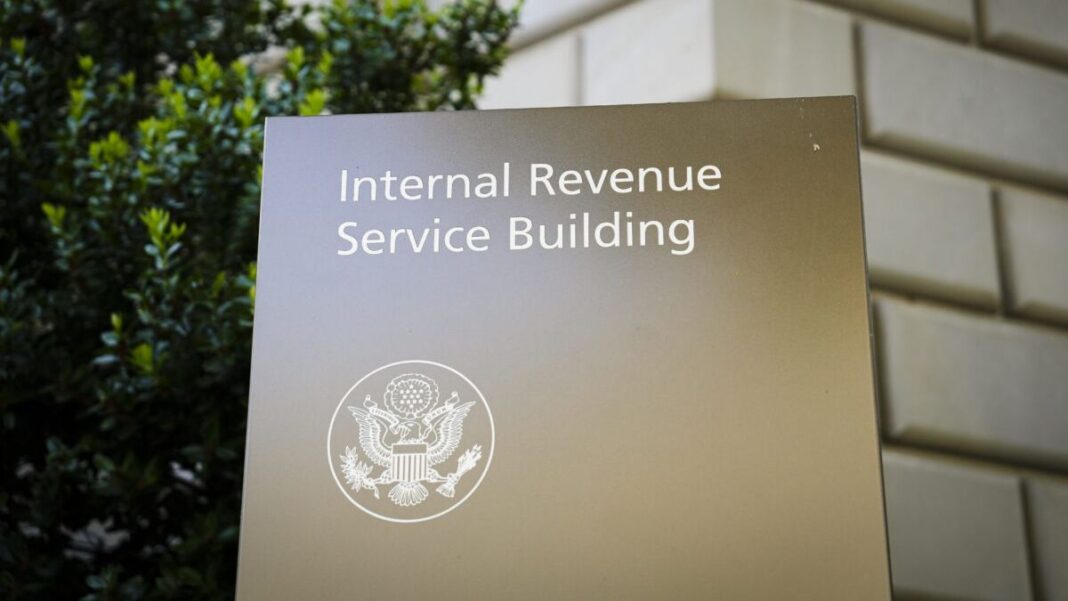Court filings show that the Internal Revenue Service (IRS) has been accused by three Georgia businesses of backdating proposed penalty approvals for improperly claimed tax breaks on conservation deals.
Petitions filed last week in the U.S. Tax Court by the three businesses—Arden Row Assets, LLC, Basswood Partners, LLC, and Delwood Partners, LLC—allege that an IRS supervisor intentionally and improperly backdated approvals for millions of dollars in penalties associated with so-called conservation easements.
Conservation easements are legal agreements in which property owners agree to restrict the use of their land for conservation purposes. By giving these agreements to charity, they can claim tax breaks.
The IRS has been subjecting conservation easements to greater scrutiny, claiming they’re subject to abuse by, for instance, overvaluing.
Michael Todd Welty, an attorney representing the three Georgia businesses, filed three separate “requests for admission” at the Tax Court on Aug. 16, requesting that the IRS admit that a revenue agent’s supervisor backdated his signature on penalty approval lead sheets.
The law requires IRS revenue agents to get a signed approval by their supervisor before sending out penalty notices to taxpayers, according to 26 U.S.C. § 6751(b)(1). The rule, which goes back several decades, was adopted in a bid to prevent rogue IRS agents from using improper tax penalties as a “bargaining chip” to pressure taxpayers into settlements, according to a Senate report (pdf).
Mr. Welty said in the filings that the IRS revenue agent’s supervisor “backdated the penalty consideration lead sheet for this Matter by exactly 8 months from March 14, 2022 to July 14, 2021.”
The latest filings come in ongoing litigation against the IRS that the three businesses initiated on March 21, with Mr. Welty requesting in the recent documents that the tax agency admit to the accusations within 30 days.
The IRS did not immediately respond to a request for comment from The Epoch Times.
This is not the first time the IRS has been accused of backdating signatures on penalty approval sheets.
By Tom Ozimek









